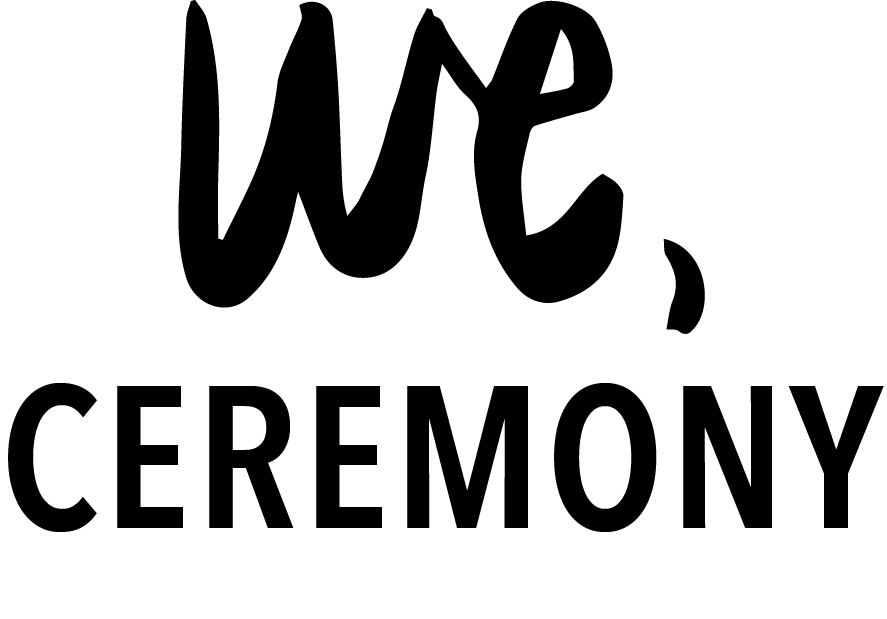Fiona Phie
Meet Fiona Phie, an Indonesian-American woman and UMass Boston student studying political science and international relations. On her downtime, Fiona is involved in multiple community organizing efforts such as March for Our Lives Boston, where she works on amplifying and emphasizing the voices of communities of color who are disproportionately affected by gun violence, The Coalition Against Student Apathy, which aims to dismantle the four ways in which racism infiltrate culture, and the People’s Interest Research Group on the hunger and homelessness campaign.
1. Tell us a little bit about yourself.
My name is Fiona Phie and I am a indonesian-american woman. I consider myself a global citizen because it keeps me in touch with my diaspora, in addition to my fellow third world sisters. I grew up in East Boston, as a minority in a minority community. I now attend UMass Boston studying political science and international relations. I am involved with many community organizing efforts; at the moment I am working with three movements. One of them is March for Our Lives: Boston, where we work on amplifying and emphasizing the voices of communities of color who are disproportionately affected by gun violence and silenced in their calls for reform. We demand that our lives be prioritized over access to guns. Another is The Coalition Against Student Apathy, which works on aims to dismantle the four ways racism infiltrates culture: through systems, institutions, interpersonal relationships, and through people themselves. Leading with a racial justice lens allows us to acknowledge and address the intersections of all oppressions with an emphasis on race based issues. Lastly, I work with the Massachusetts, People’s Interest Research Group on the hunger and homelessness campaign. We work to tackle the enormous issue through education/de-stigmatization of hunger and homelessness, fundraising for local and international groups, advocacy for local, state and national legislation and service trips to support our community organizations. Seperate from my activist work, I love ethnic food, ethical and sustainable shopping and a good dance party.
2. Microaggressions and covert racism are way too normalized and a daily occurrence for people of color (and sometimes expressed by people within our own communities). How do you decide to ignore it or respond back? What approaches have been most effective for you and how?
The largest issue with my identity is my asian-ness. I have experienced many microaggressions from people who look like me who say, “You’re a fake Asian” to “Did you eat dog the other day or something, you Ch*nk?” and I personally find them equally as bad. In extremely aggressive situations I find de-escalating the situation is best. I think in the instance of a person directing racial slurs at you after ignoring catcalls or if they just want to spew hate onto you is to ignore because ignoring hate, is self care. If I choose to engage, I put myself in a high risk situation where, I am no longer doing effective activism. It is counter-intuitive to spend tolling energy trying to combat a set hate towards you. In instances of more passive microaggressions, I find the act of aggression appropriate. The first thing about reacting is preparation. You may ask yourself how do I prepare myself to accept aggression... When I first meet a person, often the first thing they ask me is, “where are you from?” So, that in itself is a micro-aggression but having them understand that they are being aggressive on an interpersonal level is important. I tell them, “When people ask that question, I give you six chances to guess and I will tell you on your seventh try.” I do this so they realize their ignorance. If you guess that many times, it forces the person to recognize their aggression of asking you. At the end I say I am from Boston and let them respond. This is how I prepare, I have myself and them asses their statements. In response they usually say, “But, where are you REALLY from?” this is when I explain aggressively that I’m from Boston and tell them if you want to know my ethnicity, ask! Other microaggressions from my own community, such as you’re not a real Asian are met with pure aggression and a rant on 1) Colorism in our community 2) Sexism 3) Internalization of hate. Which is the reason why I feel like the subtler microaggressions are more hurtful. I grew up thinking I wasn’t asian for a while, I was so disconnected and alienated by my own community I had to find it elsewhere. The ultimate answer to microaggressions in my eyes is self-care because you do what you feel is going to give you a good night's sleep!
